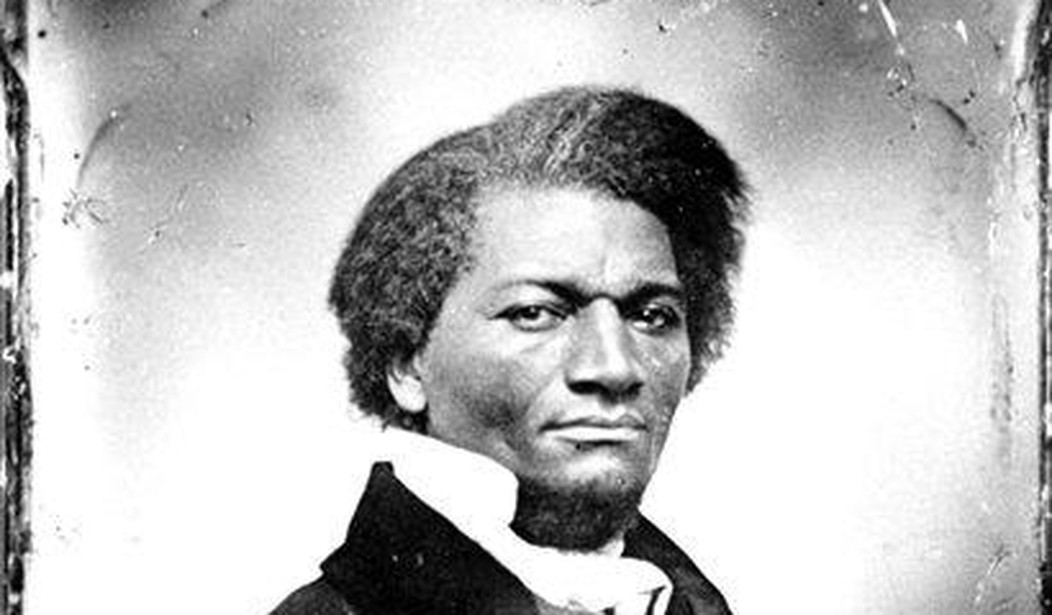This time of year, dear readers, is when us writers curate lists. Some are about the best movies, top kitchen appliances or favorite new songs of 2021. This year, I'd like to recommend three books to read after the tumultuous events of 2021.
My first is a new and important book by law professors Randy Barnett and Evan Bernick: "The Original Meaning of the Fourteenth Amendment." The 14th Amendment was ratified in 1868, and before it, no individuals of African descent -- including slaves and free persons -- could become U.S. citizens. While the 13th Amendment abolished slavery, it didn't make African Americans citizens, and Southern states enacted "black codes" to reinstitute slavery-like practices. As such, the 14th corrected this deficiency.
This is at issue each time you hear about a First or Second Amendment challenge to state legislation. While the Bill of Rights didn't originally apply to the states, the 14th Amendment required that individual protections guaranteed by the U.S. Constitution must also pertain to state and local governments.
Unfortunately, just a few years after its ratification, the Privileges or Immunities Clause of the 14th Amendment was virtually written out of the Constitution by a series of Supreme Court decisions. The result was increased difficulty for people trying to vindicate their civil rights in court or fight racial and economic discrimination in the states. Anyone interested in racial justice should know about the 14th Amendment.
Recommended
Frederick Douglass believed the U.S. Constitution was an anti-slavery document, meaning that the Founding Fathers had not enshrined slavery but instead guaranteed the rights of self-governance, liberty and human rights. Barnett and Bernick see things in a different way, and yet their book gives us a path to fulfill the promise of the American project and Douglass' dream. Doing so would require that Supreme Court Justices reconsider some long-standing assumptions about the 14th Amendment by looking at its original meaning.
The second book is by the late economist Walter Williams, called "Race & Economics."
As Williams writes in the preface:
"There is no question that (African Americans) suffered gross violations of basic human rights in the form of chattel slavery, discrimination under Jim Crow laws and customs, and personal violence -- lynching, beatings, and arson. But an acknowledgement of and consensus on those injustices, and on residual discrimination, do not carry us very far in evaluating what is or is not in the best interest of blacks nowadays."
Williams examined how throughout some of the most shameful parts of our history, African Americans worked in both skilled and unskilled roles, owned businesses and in many cases accumulated wealth. The relative color blindness of the market compensated for some of the discrimination brought about by private racism and government rules. Meanwhile, many wage regulations supposedly designed to help workers -- not least the minimum wage -- represented active discrimination against black people and prevented many from making the first step up the income ladder.
Today, those who would meddle with economic freedom and opportunity should remember that it keeps countless struggling Americans afloat. Without it, things could be much worse.
The final book I recommend is called "Hate: Why We Should Resist It With Free Speech." It's by Nadine Strossen, the president of the American Civil Liberties Union (ACLU) from 1991 to 2008 and one of our nation's foremost champions of free speech. At a time when we hear people incessantly use the term "hate speech," Strossen's book offers an important reminder that this has no consistent legal definition under U.S. law. There is also no legal definition for evil ideas, rudeness, unpatriotic speech or other speech that people find offensive.
This fact is important in an era when many people are clamoring for crackdowns on free speech on the internet and in other forms of media. With very few exceptions, speech that makes us uncomfortable can't be restricted in ways that are consistent with our Constitution. It also explains why it's so hard to draft anti-hate-speech legislation, and why those laws that do exist often backfire, as we've seen in multiple other countries. Strossen recommends drowning out hate speech with more and freer speech.
Identifying ways to improve our society and country is important. But it's only half of the battle. The other half is figuring out how to achieve those goals without causing other harms. I believe these books will help in answering this challenge in 2022 and beyond.

























Join the conversation as a VIP Member